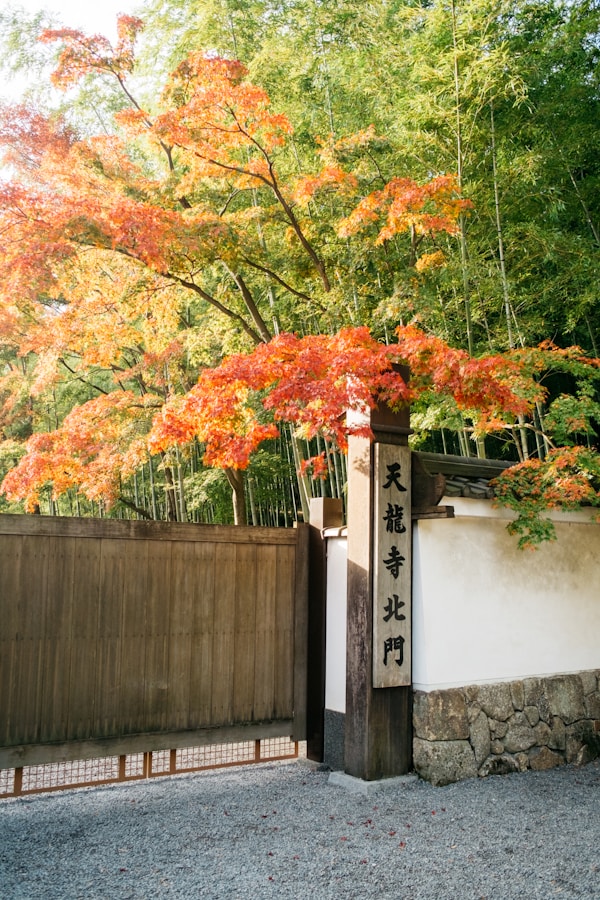.svg)
The Safest Way to Buy an Akiya as a Foreigner in 2026
.svg)
.svg)
.svg)

Investing in Japanese real estate can be a lucrative opportunity for both seasoned investors and first-time buyers. Japan's stable economy, well-developed infrastructure, and strong demand for housing make it an attractive market. However, there are specific factors to consider before diving in. If you're looking to invest in Japan, this guide will walk you through the essentials you need to know.


Investing in Japanese real estate can be a lucrative opportunity for both seasoned investors and first-time buyers. Japan's stable economy, well-developed infrastructure, and strong demand for housing make it an attractive market. However, there are specific factors to consider before diving in. If you're looking to invest in Japan, this guide will walk you through the essentials you need to know.
Japan's real estate market offers several benefits for foreign investors:
Japan's real estate market is diverse, ranging from high-demand urban areas to more affordable rural properties. Here are the key market segments:
Before jumping into the investment process, it’s important to understand the unique characteristics of the Japanese real estate market:- Foreign Ownership of PropertyForeigners are allowed to buy property in Japan, with no restrictions on ownership. However, you may encounter challenges when securing financing from Japanese banks, as they are more inclined to lend to Japanese citizens. Working with a local expert can help you navigate these hurdles.
- Real Estate Taxes and Fees Purchasing property in Japan comes with several taxes and fees, including:
- The Condition of the Property Japanese properties, especially older ones, may require renovation.
Akiya homes, for example, often need significant repairs but can be bought at a fraction of the cost of newer homes. It's crucial to evaluate the condition of the property thoroughly and factor renovation costs into your investment calculations.
Now that you understand the market, here are the key steps to make your investment in Japanese real estate:
- Step 1: Define Your Investment Goals Do you want to purchase a property for long-term rental income, vacation rentals, or to flip after renovation? Defining your goals will help you determine what type of property to buy and where to buy it. Urban areas are ideal for high rental demand, while rural properties may offer long-term growth potential.
- Step 2: Work with a Local Real Estate Agent It’s essential to work with a reliable real estate agent who understands the Japanese market and can help you find the right property. Agents can also assist with legalities and paperwork, ensuring a smooth transaction.
- Step 3: Secure Financing If you're not purchasing the property in full with cash, you’ll need financing. While Japanese banks may be reluctant to lend to foreign buyers, there are specialized lenders and loan products for non-Japanese residents. You can also explore options like home loans from overseas banks or private lenders.
- Step 4: Property Inspection Always inspect the property before purchasing, especially if it’s an older property or an akiya. Checking for structural damage, foundation issues, or potential renovations is vital to avoid unforeseen costs.
- Step 5: Finalizing the PurchaseOnce you’ve chosen a property and secured financing, the purchase process begins. This includes signing the sale agreement, registering the property in your name, and paying the applicable taxes and fees.
Investing in real estate in Japan can be a daunting task, especially for foreign buyers. That’s where Old Houses Japan comes in. Whether you’re interested in purchasing a property in a bustling city or looking for a bargain in a rural area, Old Houses Japan specializes in connecting buyers with akiya (abandoned homes) across Japan. Here’s how we can assist:
Investing in Japanese real estate can be a highly rewarding endeavor, but it requires careful planning and consideration. From understanding the types of properties available to navigating the legal and financial aspects of the purchase, there are many factors to keep in mind.
Working with a trusted local expert, like Old Houses Japan, can make the process easier. Whether you're interested in purchasing a high-demand rental property in Tokyo or transforming an abandoned akiya into a profitable investment, we provide the tools, guidance, and support you need to succeed in the Japanese real estate market.
Start your journey with Luxey today! Sign up for free and get instant access to the best property listings.



